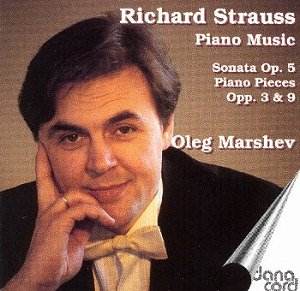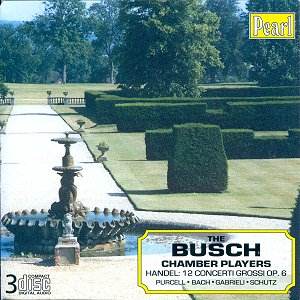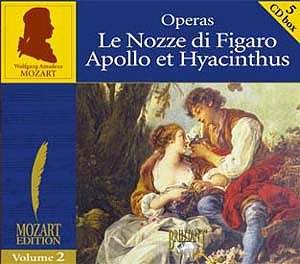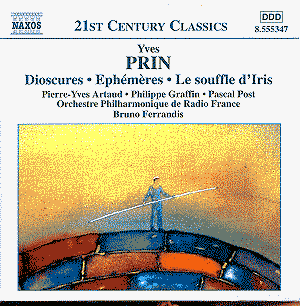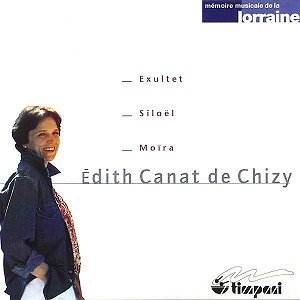 Composer: Edith Canat de Chizy
Composer: Edith Canat de Chizy
Works: Exultet, Siloël, Moïra
Performers: Laurent Korcia (violin), Sonia Wieder-Atherton (cello), Philharmonie de Lorraine, Pascal Rophé
Recording: Arsenal, Metz, March and July 1998
Label: Timpani 1C1048
The music of Edith Canat de Chizy, a prominent figure in contemporary French composition, occupies a unique space where spiritual contemplation and modern sonic exploration converge. Her works, notably “Exultet,” “Siloël,” and “Moïra,” recorded here, reflect both a personal and a collective journey through sound, drawing upon rich historical contexts while firmly establishing her own compositional voice. The recordings capture the essence of her work, highlighting the intricate interplay between virtuosity and introspection that characterizes her style.
“Exultet,” composed in 1995, stands as a monumental piece for violin and orchestra, structured as a single movement yet rich with sub-sections that evoke a wide emotional palette. Korcia’s performance is particularly noteworthy; his technical precision and interpretative depth breathe life into the demanding solo part. The violin’s role is not merely as a showcase of virtuosic display but rather as an integral voice within the orchestral fabric, creating a tapestry of sound that is at once dynamic and contemplative. The contrasts between the explosive outbursts and the meditative passages are executed with clarity, revealing the meticulous architecture of Canat de Chizy’s composition. The influence of Messiaen is palpable in the work’s spiritual undertones, while the ethereal qualities recall the transcendental aspects found in the orchestral textures of Lutosławski.
“Siloël,” written for twelve solo strings, presents itself with striking energy from the outset. The outer sections, marked “very violent,” introduce a frenetic intensity that captures the listener’s attention immediately. This energy is juxtaposed with the central segment’s near-stasis, which offers a serene contrast, showcasing Canat de Chizy’s ability to navigate between extremes. The performers exhibit a commendable synergy, with the string players effectively channeling the work’s inherent tensions and resolutions. The recording quality is particularly commendable here, with a clarity that allows the nuanced textures of the string ensemble to shine through, akin to the best chamber music performances.
“Moïra,” for cello and orchestra, rounds out this collection and is arguably one of the standout works of late 20th-century cello repertoire. Wieder-Atherton’s interpretation is both impassioned and technically assured, seamlessly navigating the work’s harmonic complexities and rhythmic intricacies. The cello’s dialogues with the orchestra are crafted with a sense of urgency and introspection, making each phrase resonate with emotional depth. The engineering captures the breadth of the orchestral sound while providing an intimate perspective on the soloist, a balance that is often challenging to achieve in orchestral recordings.
The overall sound quality across the disc merits particular mention. The engineering by Timpani ensures that the intricate details of Canat de Chizy’s orchestration are not merely heard but felt, allowing the listener to engage fully with the music’s subtleties. The spatial placement of instruments is executed with precision, enhancing the immersive experience of the performances.
This collection of works by Edith Canat de Chizy, performed with remarkable dedication by Korcia, Wieder-Atherton, and the Philharmonie de Lorraine under Pascal Rophé, constitutes a significant contribution to contemporary classical music. Each piece offers a unique insight into the composer’s world, characterized by an intimate dialogue with the listener and an exploration of profound themes. The recording is not only a testament to Canat de Chizy’s artistry but also serves as an invitation for violinists and cellists alike to embrace these compelling modern works in their repertoire. The beauty and communicative power of this music make it an essential listen for anyone seeking to expand their understanding of contemporary classical compositions.
